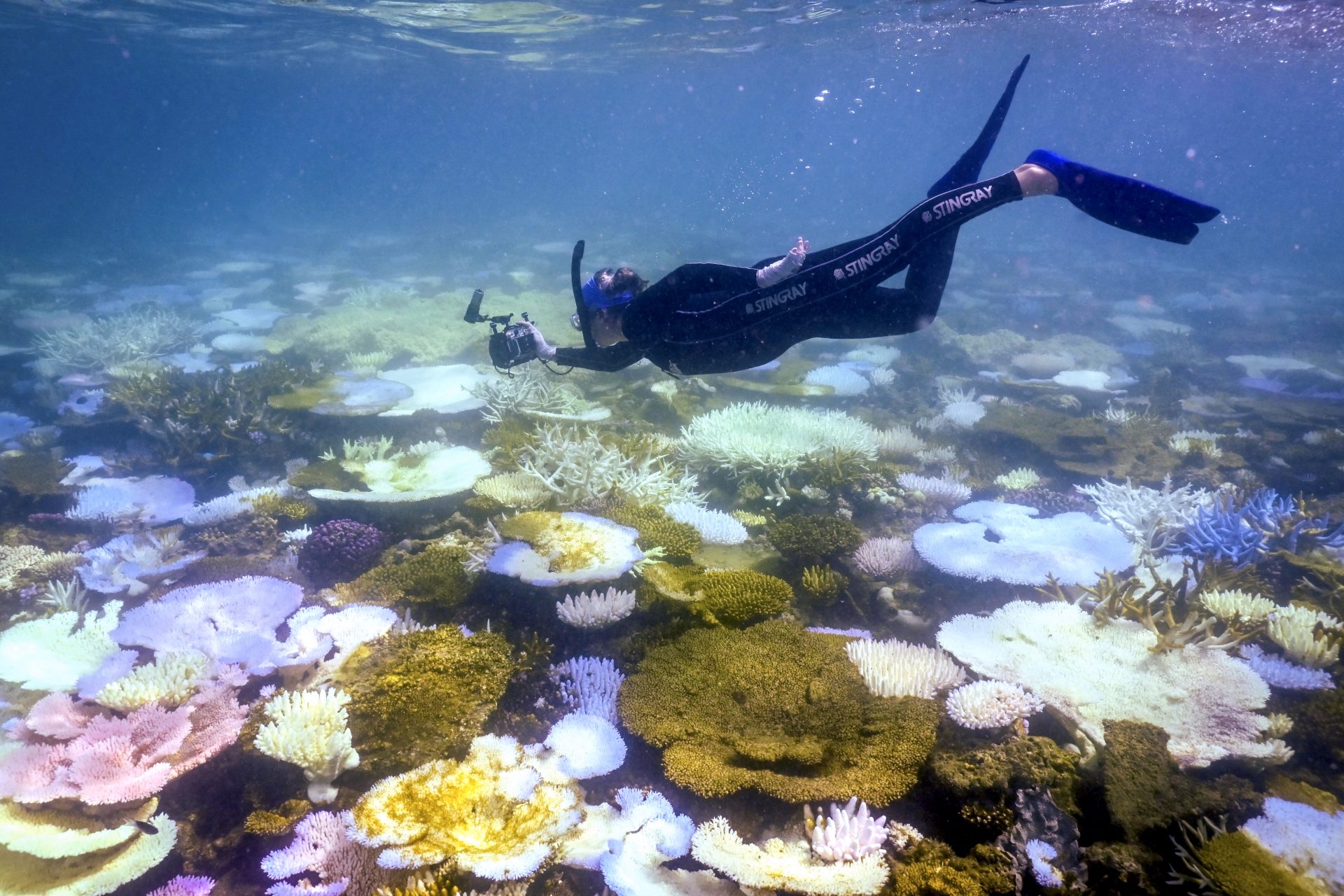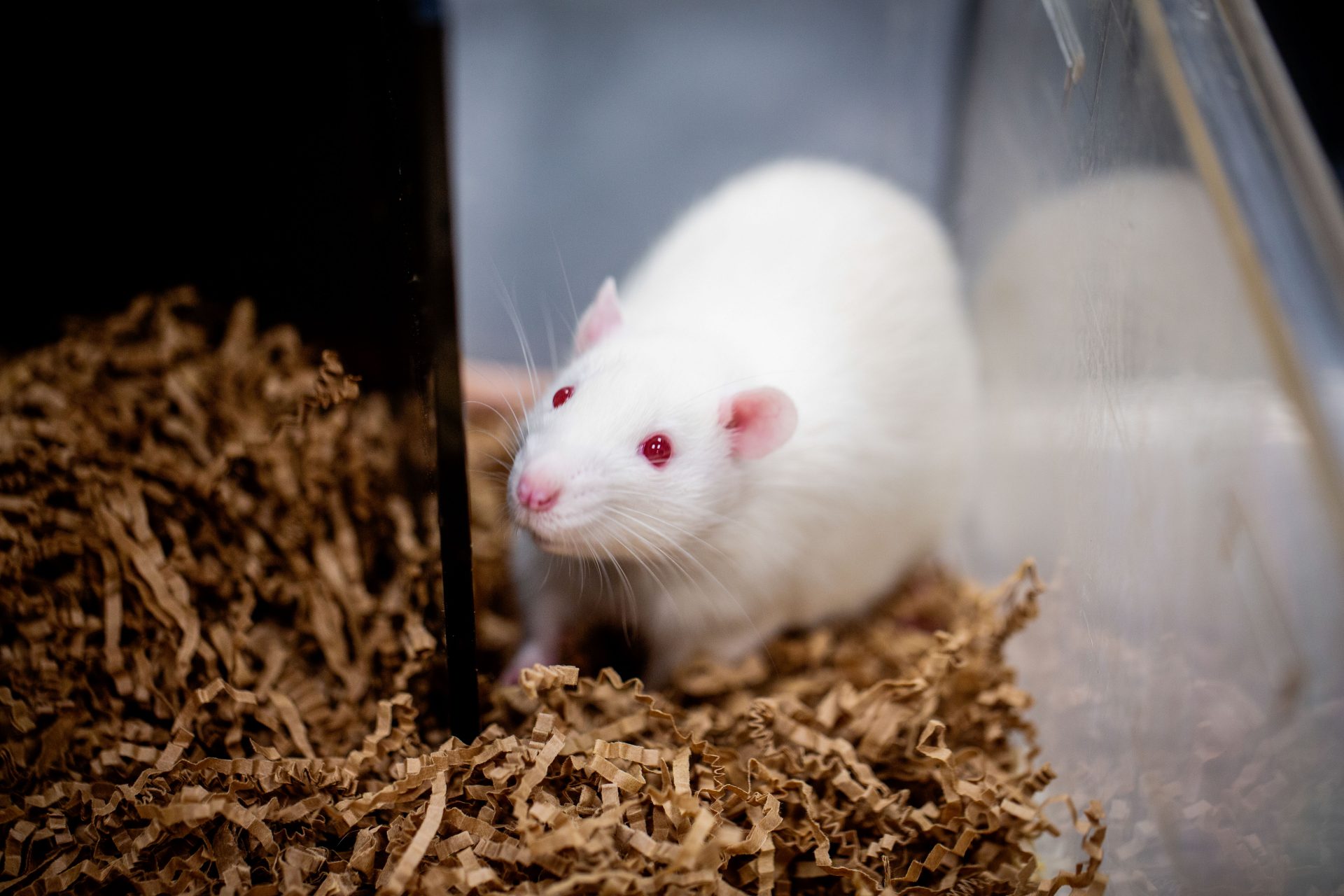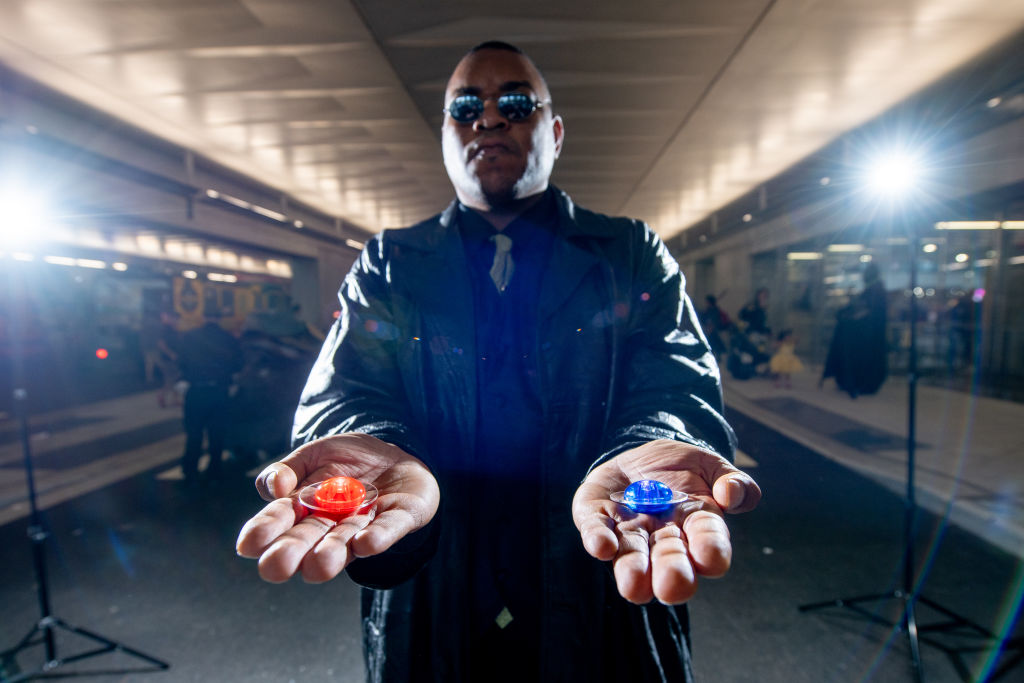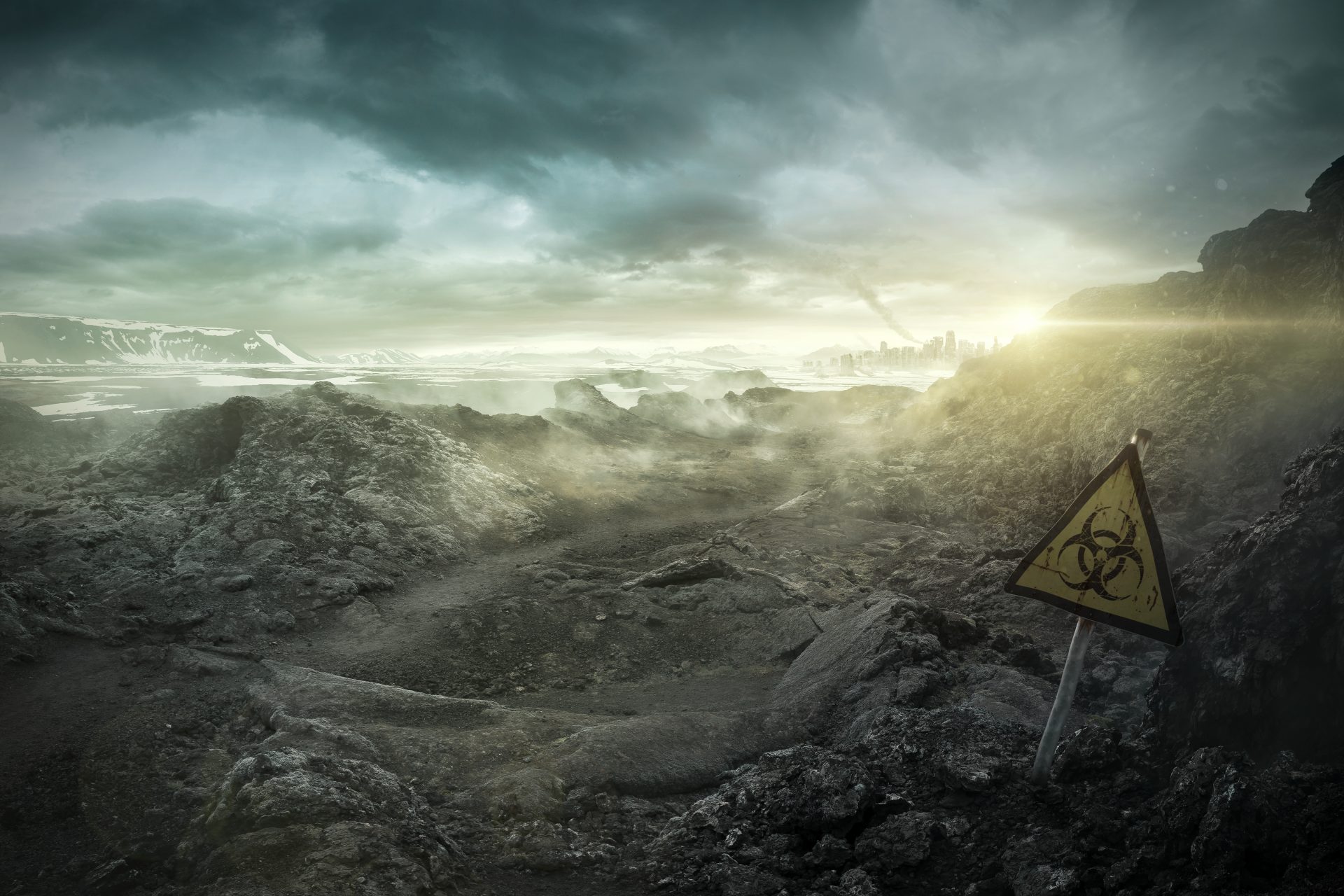Are you ready? This is what you need to do if a nuclear bomb is dropped nearby
The war in Ukraine has put everyone on edge, and it seems like every other day, there is talk in the news about a possible nuclear war. Putin has continuously warned the West not to get in his way and that he will pull out the "big guns" if need be. Those who lived through the cold war have felt these tensions before and may be better prepared than most if the worst were to happen.
However, many of us have absolutely no idea what we should do if push comes to shove and nuclear weapons end up being used. Fortunately, the United States government has prepared a manual on how to prepare for the worst. Click on to learn how to prepare for a nuclear explosion.
The American government website ready.gov warns, "A nuclear explosion may occur with or without a few minutes warning." That is why it is a very good idea to prepare ahead of time and know what to do.
Those closest to the detonation of a nuclear bomb have little hope of survival, but those farther away can survive if they are prepared and have the proper knowledge.
Fallout is a huge risk, and that is why the United States government advises citizens to get inside immediately if they know there has been a nuclear explosion or one is imminent. Taking shelter in a brick or concrete building is believed to be the safest.
Next, one should remove any contaminated clothing and clean any unprotected skin that could have been exposed to fallout. Do not touch your eyes, nose, or mouth, as that could lead to further contamination.
The best place to be is in the middle of the building or, even better, the basement. In addition, the US government advises citizens to stay 6 feet (2 meters) away from people who are not a part of their household and to wear a mask if possible.
Once inside, stay inside. The government guidelines say that citizens should remain indoors for at least 72 hours unless told to do otherwise by local authorities.
It is also important not to let pets go outside as they could bring radiation back into the shelter with them.
While sheltering, make sure to "stay tuned." The United States government recommends tuning into any media you can find available so that you know what is going on, when it will be safe to leave, and where you should go.
A hand-crank or battery-operated radio will most likely be the best resource, as television and mobile signals will most likely be disrupted if there is a nuclear explosion.
Photo: By James Case from Philadelphia, Mississippi, U.S.A., Wikicommons
After a nuclear bomb, one should stay inside for at least 72 hours. However, experts advise that if you stay put for two weeks, it is even better for your safety.
During this time, you need to be careful about what you eat and drink. The United States government advises that citizens only eat or drink packaged food items or items that are inside a building.
Foods and liquids that were outside should be avoided at all costs as there is a high chance they are contaminated by fallout. In addition to canned or packed food, food from the refrigerator or the freezer is also safe to eat.
If you do not have access to bottled water or drinks, then water from the toilet tank or the water heater can also be safely consumed. Drinking tap water is a last resort, only do so if it is a question of life or death.
If you or someone in your household is sick or injured, the best thing to do is shelter in place and wait for instructions from local authorities on where and when you can seek medical attention. If it is a medical emergency, the best thing you can do is attempt to contact medical emergency services.
Since the greatest chance of survival comes from being prepared, it is a good idea to identify shelter locations close to where you spend the most time. A nuclear war probably won't happen at a convenient time, when you commute, look for places along your route that would also be suitable shelters.
Remember that the best spots are underground and in the middle of large buildings and that vehicles and mobile homes will not provide adequate protection.
Finally, again since being prepared is critical, it is a good idea to keep an emergency supply kit in your home and/or at your place of work. It should include bottled water, emergency medicines, and some packaged food as a bare minimum.
More for you
Top Stories
































